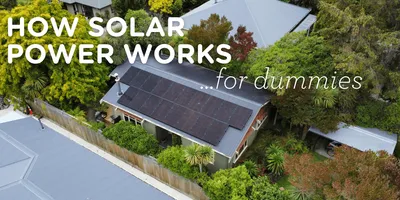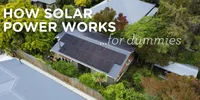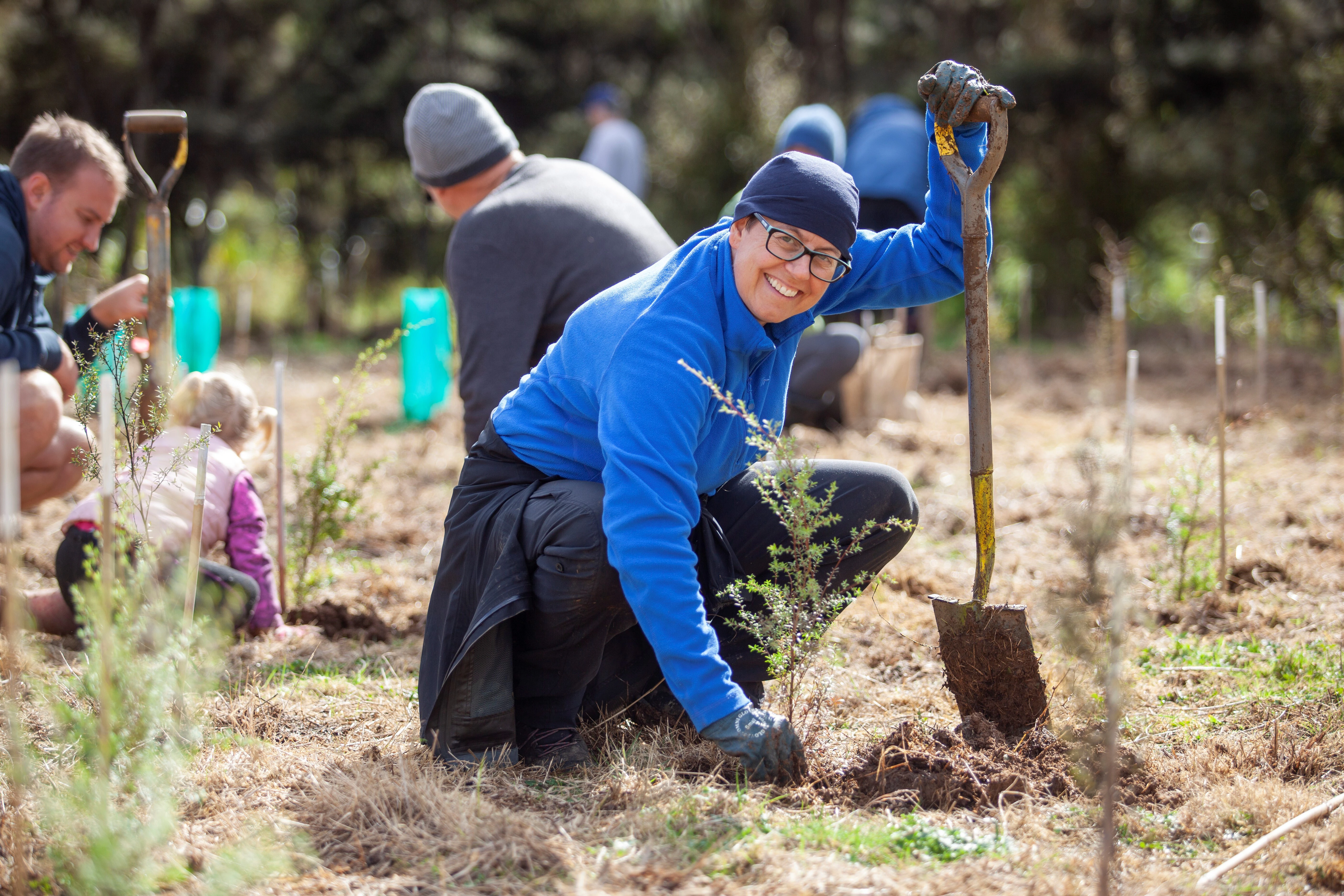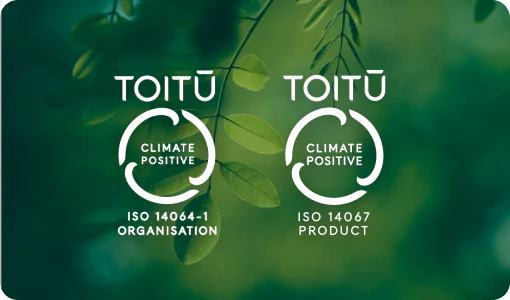Facts on plastic waste
20/01/2019
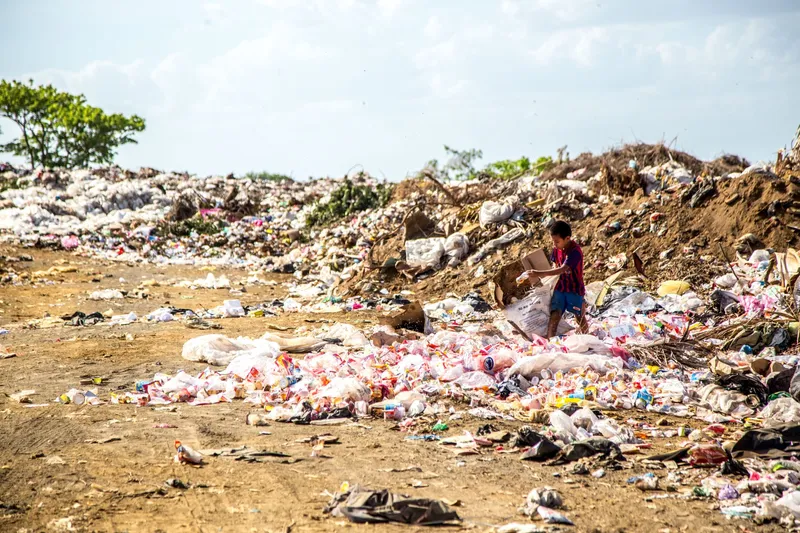
Plastic has been an important part of our lives for hundreds of years. The word plastic comes from Greek, and it means, “moulded from heat.” Plastic polymers like beeswax, bones, fossilised pine-tree resin (amber) and horns occur naturally, but it’s the commercial production, use, and tossing away of plastic items that has many of us so concerned.
Here are some sobering facts about plastic waste in New Zealand and around the world.
According to Plastics NZ, each New Zealander consumes approximately 31 kg of plastic packaging every single year, and only recycles 5.58kgs.
97% of New Zealanders have access to facilities for recycling paper, glass, cans and plastics 1 and 2 (and in some places 1 – 7). So why aren’t we doing better?
Plastic is big business: The New Zealand plastics industry employs 8,000 people and has a turnover of more than 1.8 billion dollars a year.
Plastic accounts for around 8% of New Zealand’s waste by weight. However, because plastic is so light, it’s estimated it’s as much as 20% of our landfill space. Around 252,000 tons of plastic heads to our landfills every year.
So why is plastic such a problem?
It won’t biodegrade. Plastic left in landfill will take over 400 years to degrade, and even then, it never fully degrades – only disintegrates into smaller and smaller pieces.
Plastic also ends up in our oceans, with devastating effects. Scientists estimate 8 million metric tonnes of plastic end up in the ocean every year – that’s one garbage truck worth of plastic being tipped into the ocean every minute. Birds, fish, and mammals ingest this plastic, causing health issues, death, and even species-level extinction.
Projections show the amount we throw into landfill is increasing. The annual amount of waste in Auckland landfills will double in the next ten years, going from 1.5 million tonnes to 3 million tonnes. This means we’ll be throwing out more plastic than ever if we don’t do something.
Scientists predict that unless we change now, by 2050, there will be more plastic in the ocean than fish.
So what can we change?
Well, we can get better at recycling, as well as decreasing the amount of plastic we actually use. Recycling a single plastic bottle can conserve enough energy to power a 60W bulb for 3 hours.
A new initiative supported by Plastics NZ is plastic lumber, where plastic is recycled into planks for park benches, fence palings, and other jobs.
Auckland Council has a adopted a zero-waste by 2040 policy, and other councils around the country are following with policies of their own. If we step up now and make positive changes, we’ll be thankful in a few years time.
Get behind initiatives to recycle plastic in your community, and where possible, try to reuse and shop wisely to lower the amount of plastic you throw away!


